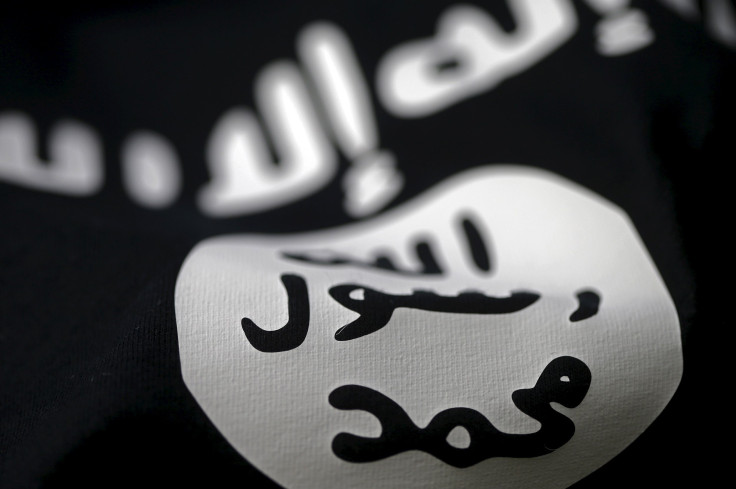Saudi Cleric On ISIS Hit List Shot In Southern Philippines

A renowned Saudi Arabian cleric on the Islamic State's assassination list was shot and wounded in southern Philippines after delivering a speech to Muslim preachers, police said.
Police said Ayed al Qarni, whom Reuters described as a vocal critic of ISIS, was shot by a man who had attended his lecture in Zamboanga City Tuesday evening, police spokeswoman Helen Galvez told International Business Times. He sustained three gunshot wounds to his chest, arm and body.
Turki Assaegh, a member of al Qarni's entourage who works at the Saudi embassy in Manila, was also wounded in the attack. Police said both men were treated at a local hospital before they were flown back to Manila, where they were said to be out of danger.
While Al Qarni is not employed by the state, he enjoys the backing of the government, which sent a plane to evacuate him to Manila, police said.
The gunman was immediately killed by al Qarni's security escorts. Two men, described to be in their 30s, were later arrested in a follow up operation.
"Security remains tight, and we are investigating the motive of the shooting," Galvez told IBT.
The Islamic State, also known as ISIS, regards Saudi Arabia's ruling Al Saud family as apostates because of their close ties with Western countries and what the militant group describes as corruption and a failure to enforce a strict interpretation of Islam.
Saudi Arabia has decreed long prison terms for anybody who backs the group, and has detained hundreds of people for involvement with it. Saudi Arabia has also sent its warplanes to a base in Turkey to join the United States-led strikes against ISIS fighters in Syria.
It has also mobilized state clergy to issue fatwas and other statements condemning the group as heretical, a move that has inspired ISIS preachers to brand Saudi clerics "the imams of disbelief" and call for their death, Reuters said.
ISIS has been trying to establish links with local armed groups in the southern Philippines, and at least one group — the Abu Sayyaf — has pledged to carry out attacks in its name.
Tuesday's attack also came as Malaysian Prime Minister Najib Razak pledged in a business conference in Saudi Arabia that his government would continue to fight extremism in the region.
The predominantly Muslim countries of Malaysia and Indonesia are grappling with extremism fueled in part by citizens who have returned after joining ISIS in the Middle East.
© Copyright IBTimes 2024. All rights reserved.





















